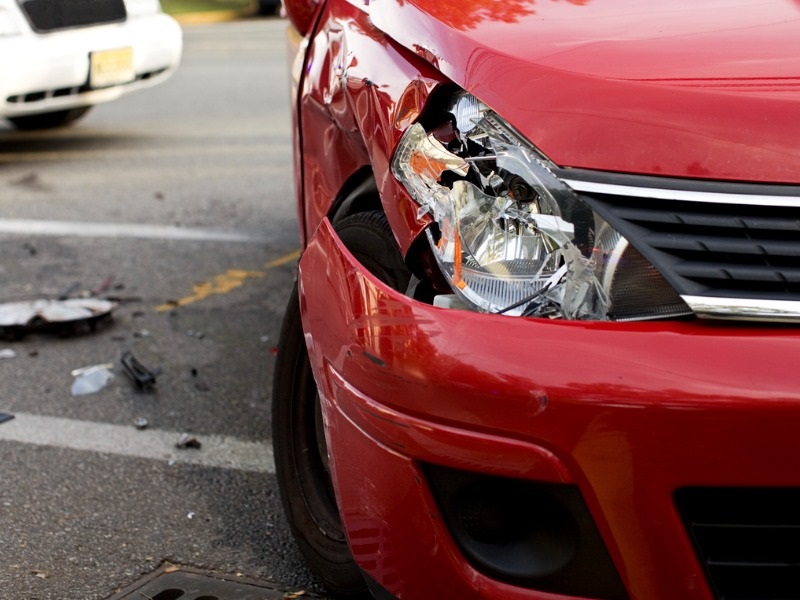Car owners score poorly on auto insurance quiz

Canadians who have auto insurance really need to re-read the fine print on their policies, a recent survey found.
A poll of more than 1,300 auto policy holders, conducted by rate comparison site Ratehub.ca, focused on 10 common misconceptions around how car insurance works.
One question asked respondents whether or not speeding tickets from automated speed-enforcement cameras can affect their car insurance. A full 60% of respondents said they do, another 16% weren’t sure. “These tickets don’t go on your driving record, so they don’t impact your insurance rate,” Ratehub.ca said in a blog post on the survey results.
More than half of respondents (55%) also said car insurance follows the person, not the car. Another 14% weren’t sure. This is false — and partly true — the blog pointed out.
“Typically, insurance follows the vehicle, not the driver,” Ratehub.ca said. “This means other drivers who use your car are usually covered by your insurance policy, and vice versa. However, if you have an endorsement for non-owned automobile (i.e. OPCF 27), it means your insurance follows you, the driver, for any vehicle you drive.”
Other results included:
56% believe if they demonstrate bad driving behaviours such as speeding or braking suddenly while using a usage-based insurance (UBI) program, their insurance rate will increase; another 30% weren’t sure.
“There’s some confusion over this, and rightly so,” the comparison site said. “The reality is it depends on the insurance provider and their UBI program. If you consistently demonstrate poor driving behaviours, you could see your rates increase. However, not all programs negatively impact your premiums.”
Nearly three-quarters (72%) understood they need to notify their insurer about using their car for ridesharing or deliveries. “You need to speak with your insurer about any changes to your car usage,” Ratehub.ca said in the blog. “If you’re using your car for ridesharing and haven’t disclosed this to your insurer, you risk not being covered.”
Two-thirds (66%) correctly believe their postal code affects their car insurance rate. This is the case, in the sense that rates are generally higher in more densely populated areas because there’s more risk of collision and theft.







